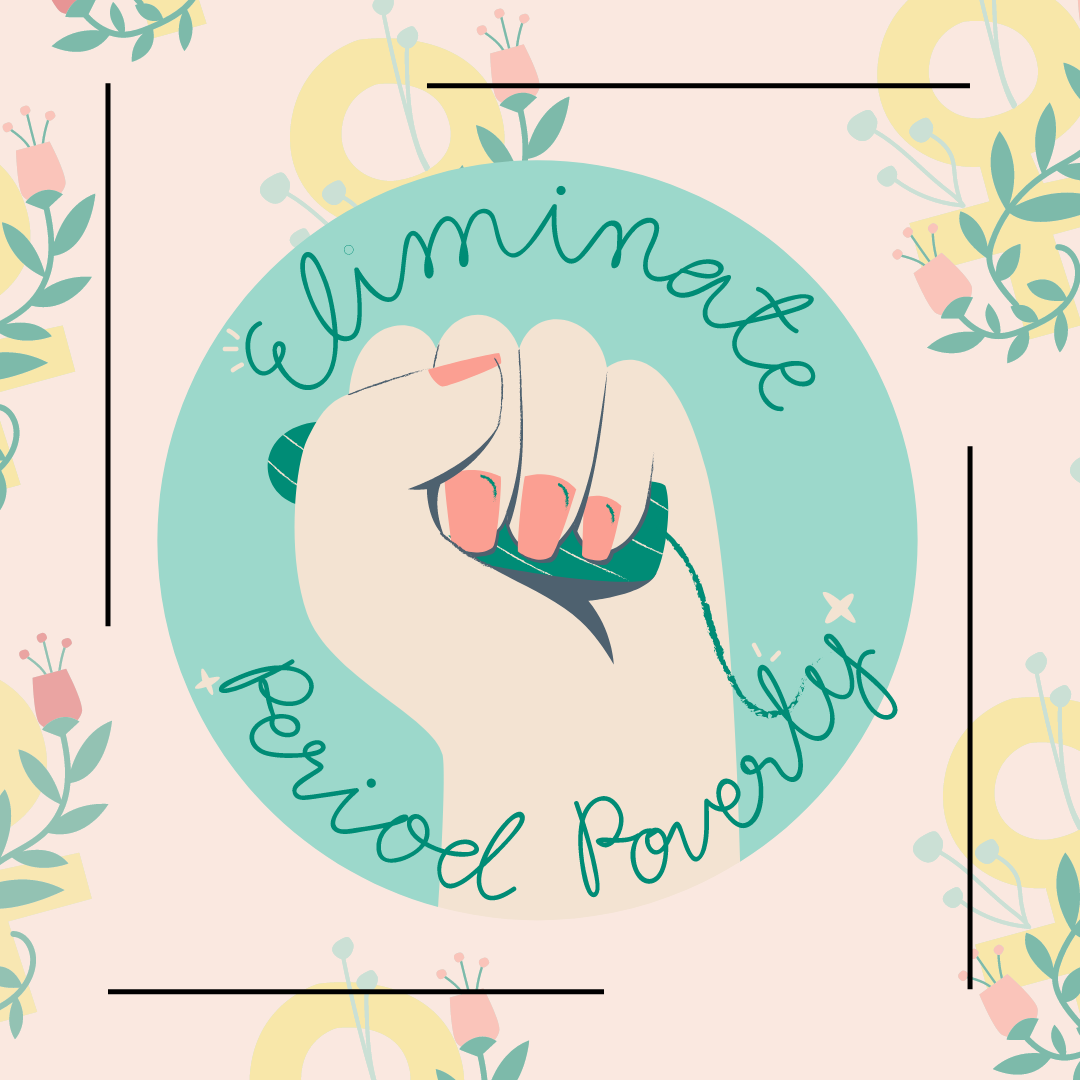Four Steps to Gun Reform in the United States
Written by Sasha Wertime and Vedant Iyer | Edited by Akkarasorn Opilan (Ang-Ang) | Designed by Akkarasorn Opilan (Ang-Ang) and Auliya Naura Telaumbanua
Gun control remains a paradoxical issue in American politics. It perfectly demonstrates the disconnect between the political elite and the working class; bipartisan coalitions of the American public support measures to curb the prevalence of gun violence. Meanwhile, the government, Congress, and local legislatures readily accept money from the National Rifle Association (NRA) to fund their reelection bids and continue the scourge of gun violence. Advocating for gun control doesn’t just entail opposing the NRA and Republican politicians though; it involves providing solutions to this pressing issue. In this article, we collate four effective and widely recognized solutions as steps toward systemic gun reform.
Weapon Buybacks
Give up your gun and earn some cash: that’s basically the policy of a weapons buyback. It’s quite simple: gun owners hand in their guns in exchange for cash and other incentives. However, there are two major variants of this policy: making the policy mandatory or voluntary. The optional policy is the less intense route; it ensures some guns are taken off the street but it does nothing to combat the issue of gun violence. This is due to the simple fact that most of those willing to give up their arms voluntarily are not the ones likely to commit horrific massacres.
Although it sounds like a milquetoast policy, studies show it plays a part in reducing gun culture and demonstrates the willingness of the government to take action. On the other hand, the mandatory policy is far more extreme and successful. It typically only relates to military grade weapons such as assault weapons. It’s considered controversial as some see it as an infringement of the Second Amendment. Leading politicians like Beto O’Rourke have advocated for this policy, as he argues any other options “wouldn’t do a single thing to save a single life in [the] Pakland [shooting].”
The implementation of this policy seems daunting to many as the distinction between confiscation and buyback needs to be considered. However, various large cities in the United States and even New Zealand have enacted these policies as they have been shown to be simple and effective. Implementing a weapons buyback in a democratic way that doesn’t infringe on the right to bear arms is a must and would help curb the gun violence epidemic.
Gun Licensing
One may be surprised to hear that in the United States there's no requirement to get a license to purchase a firearm. Although certain states require a license to own a gun, in most states this only applies to handgun ownership and not purchase. The vast majority of states don't require a permit to purchase any firear of any sort. This means that in America today, an individual with a serious mental illness or a criminal record can purchase a firearm free of consequences or screening. It was found that 72% of Americans polled supported a gun licensing plan to purchase a firearm. This included 90% of self-identified Democrats and 57% of gun owners.
In a list of the four most supported gun control policies, it was found that a licensing program was one of the four in addition to increased mental health funding, requiring background checks for gun sales, and the creation of a national ‘red flag’ law. Multiple 2020 Democratic nominees, including Pete Buttigieg and Cory Booker, have stressed the need for a gun licensing program. Buttigieg even suggested that the licensing program be expanded to the purchasing of ammunition and bullets, too. Booker has called for individuals to "submit fingerprints, provide basic background information, and demonstrate completion of a certified gun safety course” in the Federal Firearm Licensing Act he authored in the Senate. Although a majority of Americans polled and political figures on the left have voiced support, a federal gun licensing program has yet to pass the Republican-led Senate.
Universal Background Checks
A leading proposition to curb gun violence is the implementation of universal background checks. Universal background checks essentially mean that every individual involved in any form of a gun purchase - whether it be online, in a store, or in a back alley - has to be ‘screened’ by a federal agency. This seems like a given, so why isn’t it already policy?
Currently, various loopholes exist in this gun system: unlicensed sellers (online sales, sales at gun shows, and in unlicensed shops) do not have to formally background check their buyers. This essentially allows domestic abusers, the severely mentally ill, and those with a history of violence to disregard regulations and buy guns. Shockingly, a reported 22% of all gun sales in the United States come through this source. Universal background checks is a simple policy implementation that would ensure every single gun purchase is regulated, recorded, and ran through the National Instant Criminal Background Check system. This ensures that guns are not in the hands of potentially dangerous people.
Additionally, it is a widely supported and seemingly non-controversial policy: 83% of all Americans support the idea. Its lack of implementation seems puzzling until you consider Congress and its relationship with gun-rights groups like the National Rifle Association. The NRA - backing politicians like Senate majority leader Mitch McConell - seems to take pleasure in blocking common-sense measures like this to increase their profits.
Assault Weapon Bans
Another proposition that has resurfaced as a tangible possibility is a complete ban on the sale and manufacture of assault weapons. Although the Second Amendment may extend to lower capacity handguns, weapons used in a war zone have no place in the hands of non-military civilians. The lethal force of these we pons have recently been highlighted with their role in many mass shootings. In Las Vegas, the largest shooting in American history left 58 dead and 546 injured. It was committed with an assault rifle. Both Sandy Hook and Parkland, two of the largest school shootings in American history, were perpetrated with an assault rifle. In Dayton, Ohio, a shooting that left nine dead and 27 injured lasted 32 seconds. 32 seconds that left 36 in a fatal condition.
Between 1994 to 2004, a federal ban on assault weapons in the United States proved to work. There was a 25 percent drop in mass shootings and a 40 percent drop in fatalities (from 81 to 49) during this period. However, large pro-gun organizations like the National Rifle Association set a sunset period on the ban, allowing it to only be enforced federally for ten years. Still, certain states were incentivized to ban assault rifles thanks to the data displaying the drop in civilian casualties. Assault weapons are now illegal in seven states. Data proving the ban effectively lowered the number of casualties and massacres - as well as the crisis of mass shootings at the hands of assault weapons - echo one sentiment loud and clear: we need a federal ban on assault weapons.
The exponential increase of mass shootings lays the groundwork for the need to do something regarding gun possession in the United States. Massacres have become the new normal, with more mass shootings taking place in the country per year than there are days in a year. Passing common sense gun reform - such as the four-part proposal we’ve put forward - is the first step we need to take to end the suffocating culture of gun violence in the United States, and to save lives before it's too late. Thoughts and prayers can only get the country so far. We need significant action. Now.
Works Cited:
Donohoue, John, and Theodora Boulouta. "Opinion | That Assault Weapon Ban? It Really Did Work". Nytimes.Com, 2019, https://www.nytimes.com/2019/09/04/opinion/assault-weapon-ban.html .
Seelye, Katharine. "Assault Weapons Ban Allowed To Stay In Anti-Crime Measure". Nytimes.Com, 1994, https://www.nytimes.com/1994/07/28/us/assault-weapons-ban-allowed-to-stay-in-anti-crime-measure.html .
Montanaro, Domenico. "Poll: Most Americans Want To See Congress Pass Gun Restrictions". Npr.Org, 2019, https://www.npr.org/2019/09/10/759193047/poll-most-americans-want-to-see-congress-pass-gun-restrictions .
"Universal Background Checks". Giffords Law Center To Prevent Gun Violence, https://lawcenter.giffords.org/gun-laws/policy-areas/background-checks/universal-background-checks/ .
Lord, Debbie. "Universal Background Checks: What Are They, What Do They Do, Does Your State Have Them?". Boston 25 News, 2019, https://www.boston25news.com/news/explainers/universal-background-checks-what-are-they-what-do-they-do-does-your-state-have-them-/973815648/ .
Visram, Talib. "Some 2020 Candidates Are Calling For An Assault Weapons Buyback. How Would It Work?". Fast Company, 2019, https://www.fastcompany.com/90411751/some-2020-candidates-are-calling-for-an-assault-weapons-buyback-how-would-it-work .
Chris Canipe, Lazaro Gamio. "What The Deadliest Mass Shootings Have In Common". Axios, 2019, https://www.axios.com/deadliest-mass-shootings-common-4211bafd-da85-41d4-b3b2-b51ff61e7c86.html .
Barton, Champe. "How Would An Assault Weapons Buyback Actually Work?". The Trace, 2019, https://www.thetrace.org/2019/09/assault-weapon-buyback-policy-cost-estimates/ .
Merrefield, Clark. "Gun Buybacks: What The Research Says". Journalist's Resource, 2020, https://journalistsresource.org/studies/gun-violence/gun-buybacks-what-the-research-says/.







